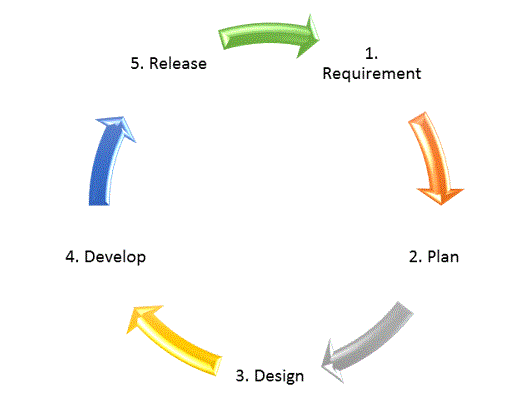Birmingham with a population of 1,101,360 (as of 2014) is a city in the West Midlands, England. Birmingham gained importance when the Industrial Revolution started. This saw many advances in science and technology. Economic development responsible for today’s industrial society also happened during this period. By 1791, Birmingham was being referred as the first manufacturing town in the world.
The Brummies will always remember the years from 1940 to 1943. The Germans heavily bombed Birmingham during this period. Though this caused a lot of damage, the efforts of the planners and designers led to the redevelopment of Birmingham in the coming decades.
Going by the city’s nickname Brum, its citizens are called Brummies. The dialect of Birmingham is Brummagem.There is a distinctive Brummie accent and dialect.
Education
Primary and Secondary
Birmingham City Council is England's largest local education authority. It is directly or indirectly responsible for all the schools in Birmingham. It provides around 3,500 adult education courses throughout the year. The Birmingham City Council runs most of the community schools . However, there are a large number of voluntary aided schools within the state system. Since the 1970s, most secondary schools in Birmingham have been 11-16/18 large schools. Post GCSE students have the choice of continuing their education in either a school's sixth form or at a college.
Further and higher education
Birmingham is home to five universities. The city also hosts major campuses of the University of Law and BPP University, as well as the Open University's West Midlands regional base. In 2011 Birmingham had 78,259 full-time students aged 18–74. This number was more than any other urban location in the United Kingdom outside London. Birmingham has 32,690 research students, also the highest number of any major city outside London.
Cricket
Warwickshire County Cricket Club play at Edgbaston Cricket Ground. The ground also hosts test cricket and one day internationals. It is the largest cricket ground in the United Kingdom after Lord's. Edgbaston was the scene of the highest ever score by a batsman in first-class cricket, when Brian Lara scored 501 not out for Warwickshire in 1994.

 ENQUIRE
ENQUIRE
 REQUEST CALLBACK
REQUEST CALLBACK
 GET A FREE QUOTE
GET A FREE QUOTE


 Introduction
Introduction Course Details
Course Details Course Content
Course Content




 London
London